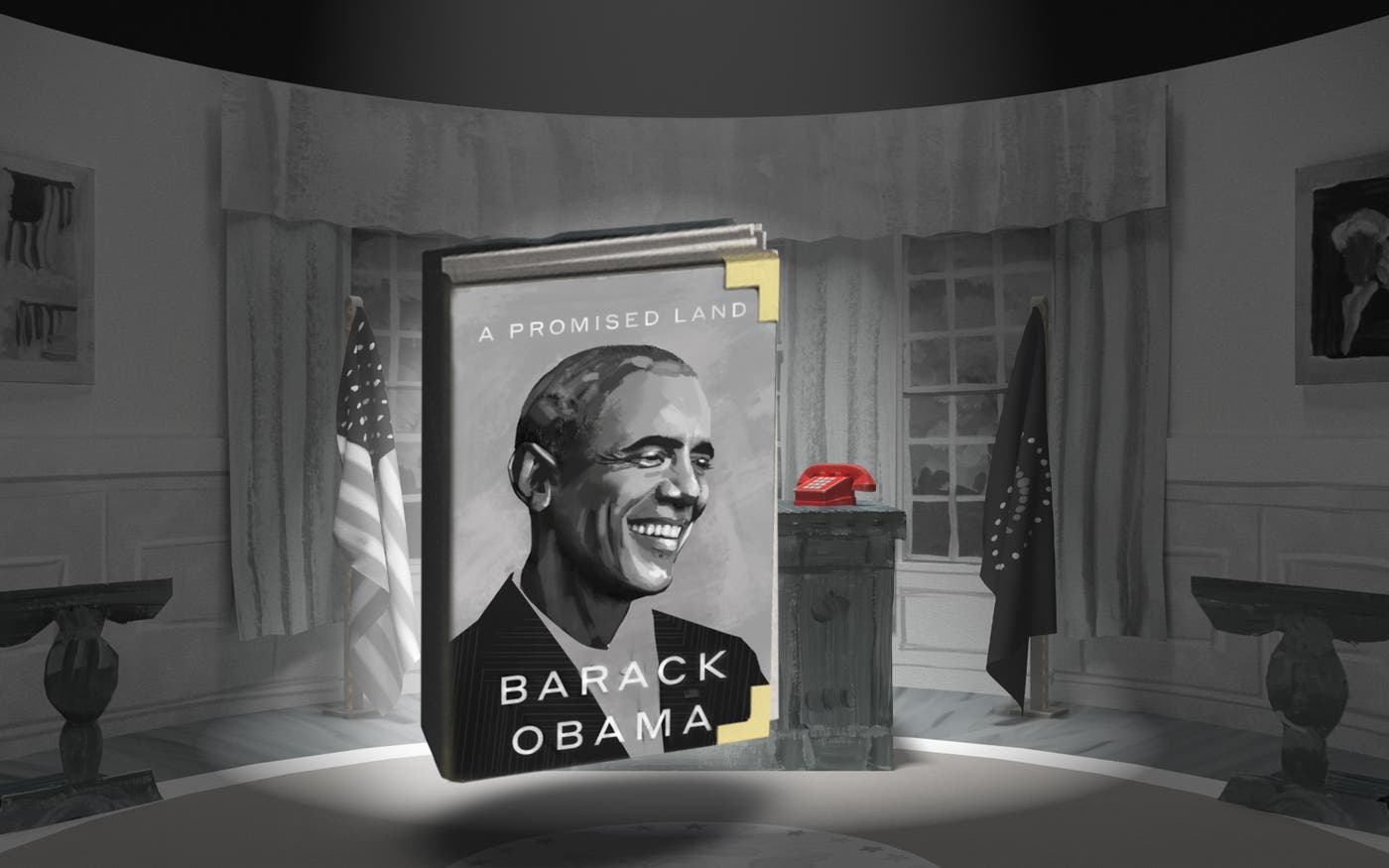
Hail to the chief
A refreshingly honest take on the American presidency
President Obama’s memoir is a terrific read, no matter what your politics are.

I’m a big fan of presidential memoirs, but they tend to follow the same script. The author usually touts things that went well or repeats talking points you’ve heard from them before. I think the best writing about presidents is often done by a third party, because they’re able to be more objective. (The Bully Pulpit and Presidents of War are some of the best books I’ve read.)
You have to be a pretty self-aware person to write a candid autobiography—something that politicians aren’t exactly known for. Fortunately, President Obama isn’t like most politicians. A Promised Land is a refreshingly honest book. He isn’t trying to sell himself to you or claim he didn’t make mistakes. It’s a terrific read, no matter what your politics are.
The book covers Obama’s life up through the operation that killed Osama bin Laden in 2011. I found the parts about his early career to be particularly interesting. He does an excellent job describing how challenging he found politics, especially when he was just starting out. I liked him before I read the book but even more after reading it.
Most people think of Obama as a natural politician because he’s so good at public speaking. But he didn’t enjoy campaigning the way Bill Clinton did, and he preferred sitting in policy briefings to shaking hands and kissing babies. He was especially uncomfortable with the adoration that he got in 2008, writing that he had to “constantly take stock to make sure I wasn’t buying into the hype and remind myself of the distance between the airbrushed image and the flawed, often uncertain person I was.”
I wish more politicians could write like Obama. A Promised Land almost reads like a novel, because he’s so good at connecting each individual event into one big narrative. The book—which is the first of a planned two volumes—covers some of his biggest accomplishments, including the 2009 stimulus package and the Affordable Care Act. Even though you already know that both of those bills become law, his honest assessments turn them into compelling stories that keep you on the edge of your seat.
Obama has a very lawyerly approach to thinking and writing about policy, which I like. He talks at length about how his staff would get frustrated by his need to understand all of the facts and every side of the argument. I loved how he describes seeking out different points of view and how they influenced the choices he made. The chapter about his disagreements with the generals over his decision to withdraw from Iraq is fascinating (and is especially interesting in light of President Biden’s decision to withdraw troops from Afghanistan later this year).
The book captures how complex the job of running the country is. You’re constantly shifting gears, even more than a CEO does. As president, your day is all about making monumental decisions that affect many people’s lives and livelihoods, and you have to focus on many problems at once. Obama says he found it difficult to stay focused and not get pulled into different crises all the time. Toward the end of the book, he recalls flying to Alabama to survey the damage from a deadly tornado right after giving the green light for the bin Laden raid. I was impressed by his ability to approach such radically different situations with equal attention and care.
Obama makes it clear the positives of the job—especially the opportunity to make lives better—outweigh the negatives. But overall, the memoir left me with a surprisingly melancholy impression of what it’s like to be the president. “Sometimes I’d fantasize about walking out the east door and down the driveway, past the guardhouse and wrought-iron gates, to lose myself in crowded streets and reenter the life I’d once known,” he writes.
A Promised Land is ultimately a story about how the presidency defines the lives of those wrapped up in it. “For all its power and pomp,” Obama says, “the presidency is still just a job and our federal government is a human enterprise like any other.” I can’t wait to get another peek behind the curtain when the second book comes out.


